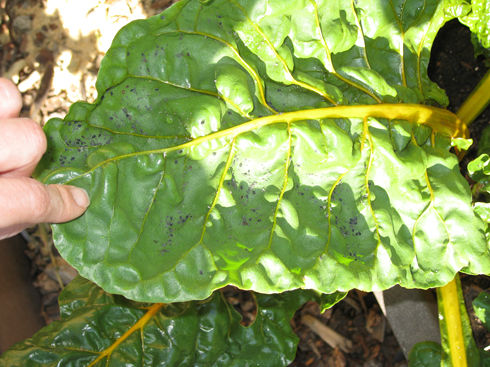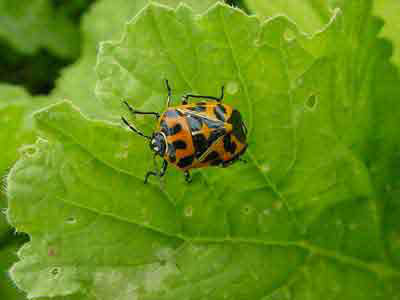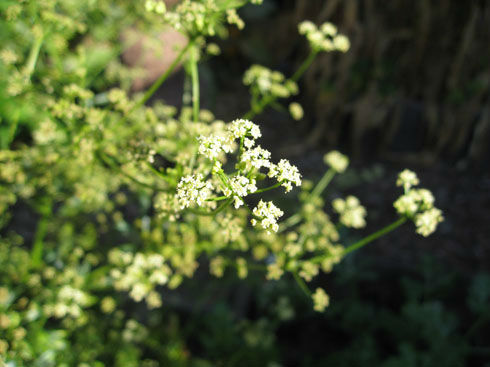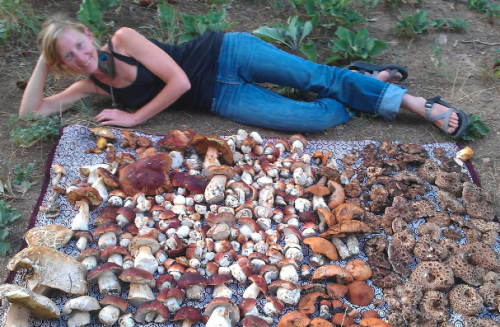As we start over with a fall garden in warm-winter climates, or put the garden away in more temperate regions, the question arises once again:
“How can I prevent bugs that were problematic this year in my fruit and vegetable garden ie. aphids, sawflies, stink bugs from overwintering and becoming a problem next year?” – Fern Fried
Well, Fern, it’s all about interrupting the life cycle and creating competition when it comes to pests. It’s also about boosting the vitality and fertility of your soil so plants can withstand assault and survive. Let’s look at some particulars:

Aphids – aphids show up when a plant is weak. They can sense it. So add worm castings & compost to your soil or pull affected plants immediately. Worm castings contain an enzyme that wards off sucking insects.
Sawflies – these guys lay eggs on leaves, where they hatch and start eating. A protective cover of garden fabric can help prevent the wasps from reaching the leaves in the first place. Also, creating a bird habitat will help rid your garden of the caterpillars. Many species of birds love to feast upon sawfly larvae. Plant flowers that provide food for these birds and you’ll have built-in pest control. Some species of sawflies have eggs that overwinter in fallen pine needles, so turning your soil once or twice over winter will unearth and expose the pupae, leaving them to desiccate and die. This works on grasshoppers, too. If all that fails, here are some alternatives.

Stink bugs – Stink bugs can reproduce between one and five times per year, depending on location. Some stop reproducing in temperatures under 73 degrees. Many tend to be immune to organic pest control methods, but studies have shown that introducing a parasitoid can work to alleviate infestations. Again, these critters overwinter in protected areas, so disturbing the soil and clearing debris can help interrupt life cycles.
In general our favorite way of dealing with pests is to create a healthy ecosystem around your plants with beneficial insectaries (flowers that attract good bugs), boost soil microbial vitality – with compost, compost tea and worm castings – and keep a keen eye out for critters early on.
Thanks for writing in. I hope this helps with your pest problem for next year.



I usually plant wormwood and pyrethrum around my garden, these work as a great repellent, especially with the stink bugs.